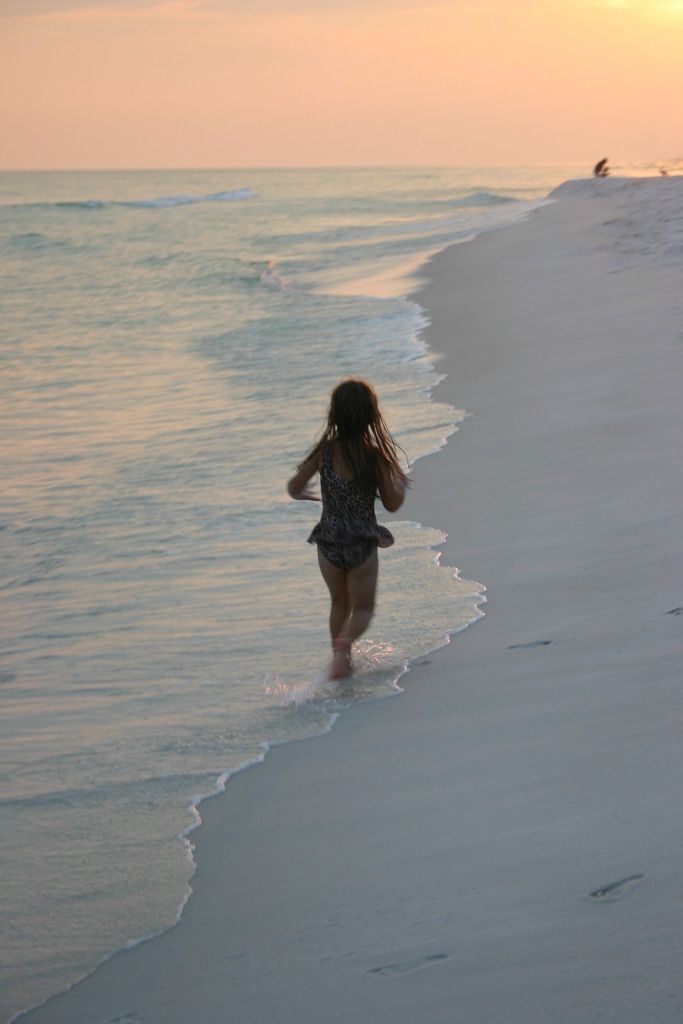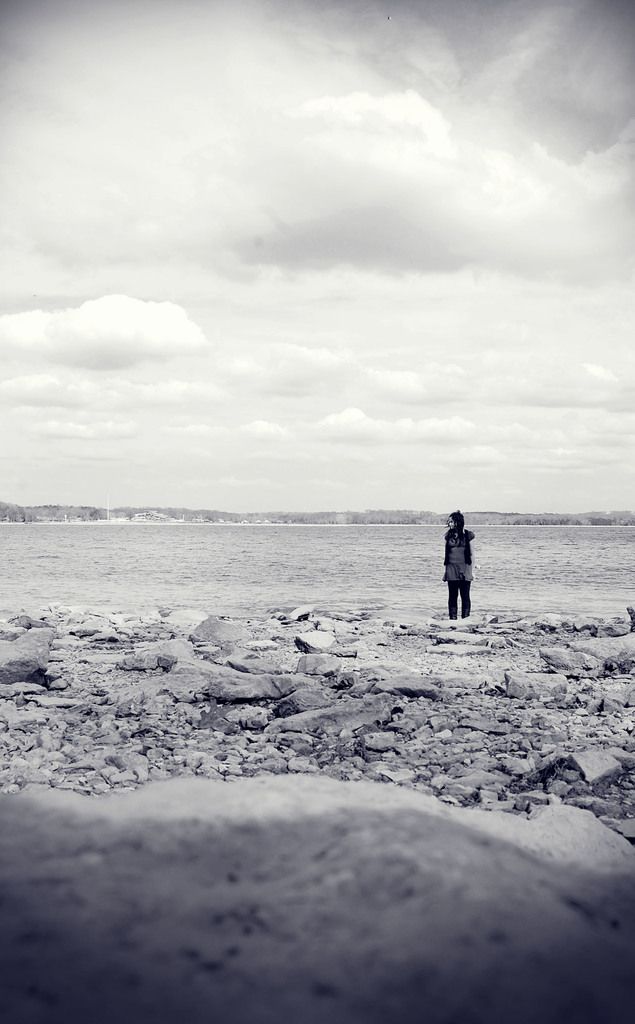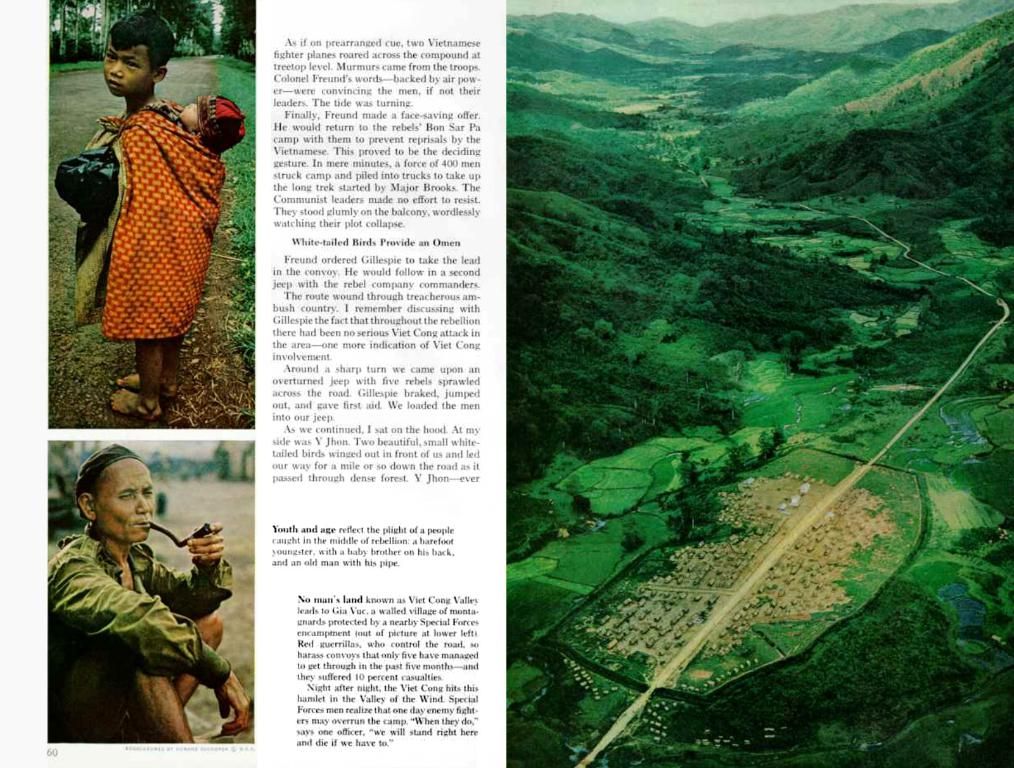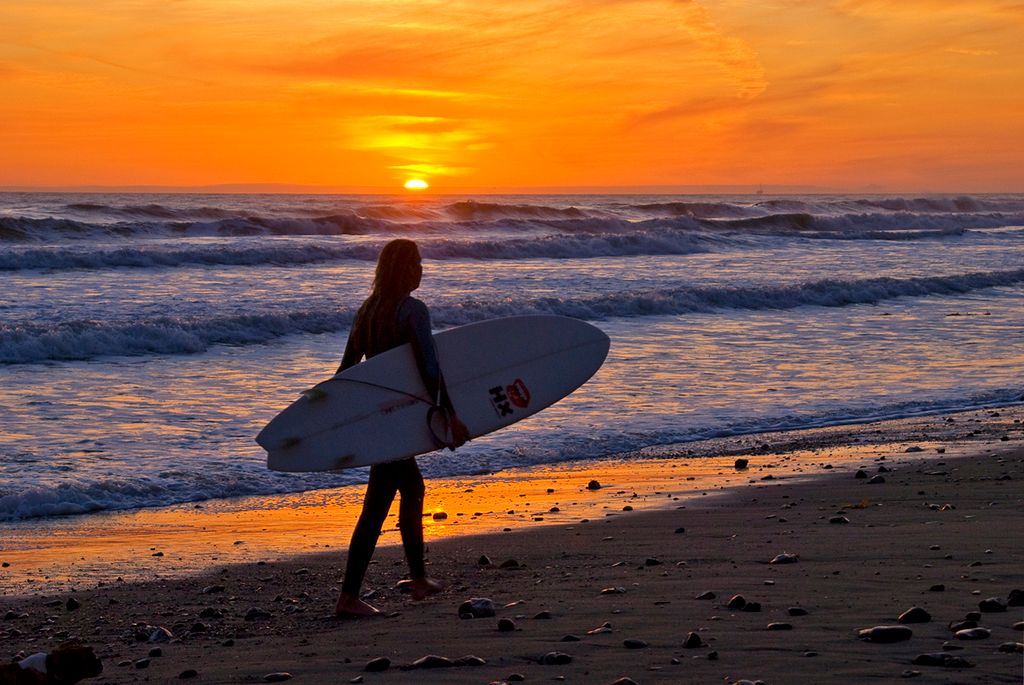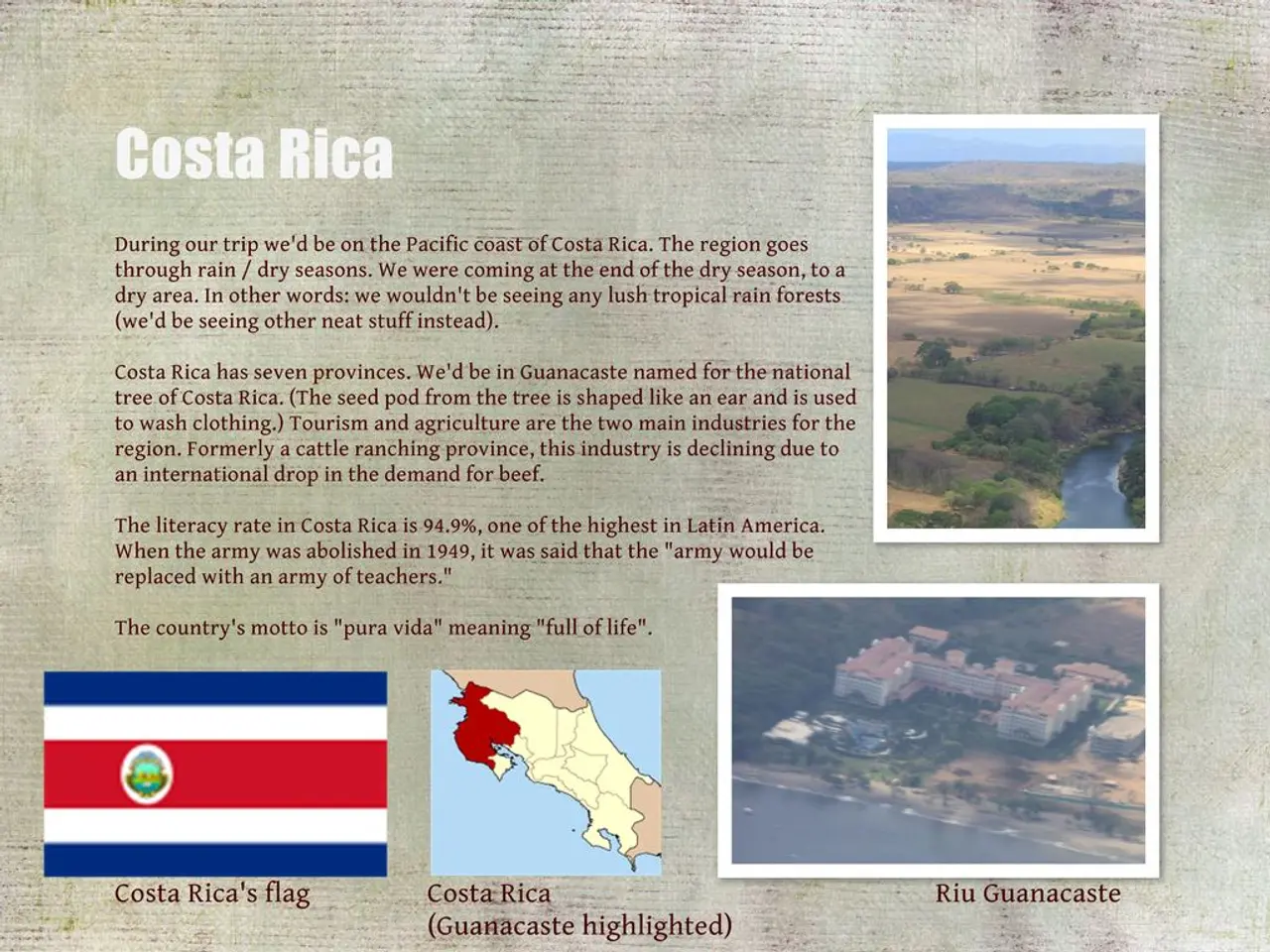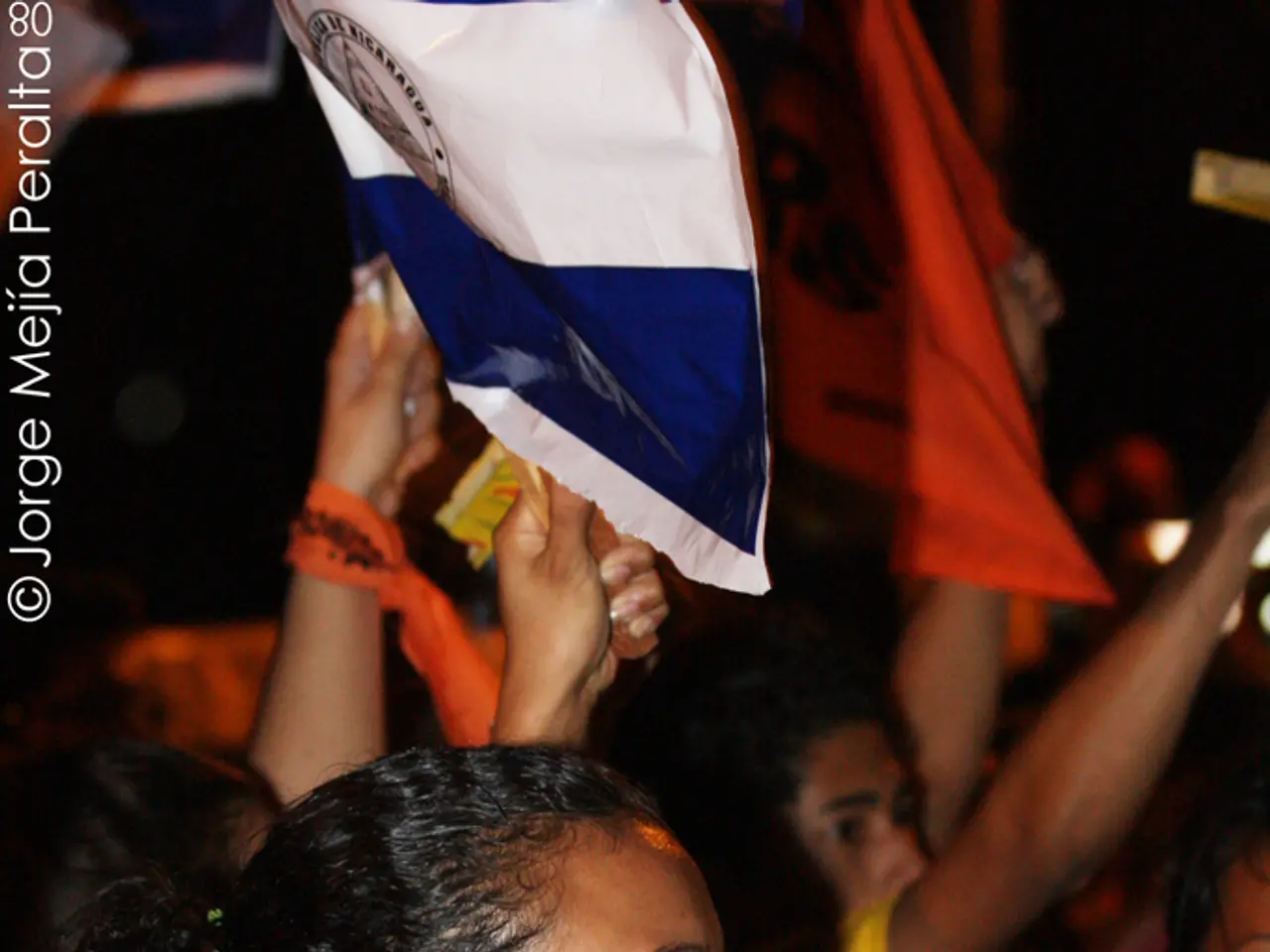Trial prosecutor for Maradona's case steps down. - Trial judge overseeing Maradona's case steps down.
Argentine Judge Recuses from Maradona Death Trial over Conflict of Interest Allegations
Judge Julieta Makintach has withdrawn from the trial concerning the death of Argentine football legend Diego Maradona due to accusations of filming a TV documentary about the case without permission or knowledge of her fellow judges. Lawyers for the defendants, plaintiffs, and the prosecution had expressed concerns of bias and demanded her removal.
In addition, claims persist that Makintach allowed unauthorized filming in the courtroom during the Maradona trial. The 47-year-old judge denies any involvement or authorization of such recordings.
Footage from Argentine media outlets seems to show Makintach being interviewed by a camera crew a day before the trial began.
Judge Maximiliano Savarino of San Isidro, north of Buenos Aires, ordered Makintach's dismissal from the case on Tuesday due to circumstances that compromised her impartiality, which he deemed "extremely serious." Hearings scheduled for the upcoming weeks have been postponed, and the court will decide on Thursday whether Makintach can be replaced or if the trial must be re-started with three new judges.
Lawyer Fernando Burlando, representing Maradona's daughters, previously stated that the incident amounted to a scandal of such magnitude that the world would speak of Argentina's justice as the worst example.
Makintach denies the allegations but concedes to stepping down. "Given the request of all parties, I have no other option but to accept my recusal," she stated, according to the newspaper "La Nación." "I hope the trial can continue without me." It remains to be seen whether the trial will be temporarily suspended and restarted.
In 2020, Maradona passed away at the age of 60 from a heart attack and lung edema, having been released from the hospital after undergoing brain surgery and preference for home care in a rented apartment in a high-end area north of Buenos Aires. The prosecution accuses his doctors and caregivers of negligent care, effectively causing his death. Maradona's daughter Gianinna asserted that the defendants kept her father in a "dark, ugly, and lonely" setting, prioritizing payment over his well-being.
The trial in San Isidro, a suburb of the Argentine capital Buenos Aires, began on March 11, with two sessions per week scheduled for four months. If convicted, the seven defendants face prison sentences ranging from eight to 25 years.
- Diego Maradona
- Death
- Courtroom recording
- Judge Makintach
- Buenos Aires
- Prosecution
- Argentina
- San Isidro
- TV documentary
[Sources: 1, 2, 3]
- The Commission has also been asked to submit a proposal for a regulation on the introduction of a new type of electronic communications network, potentially involving policy-and-legislation and politics, as the Argentine court case revolving around the death of Diego Maradona raises questions about Judge Makintach's bias and impartiality after allegations of unauthorized filming and producing a TV documentary about the case.
- The European leagues and football communities worldwide are not getting the latest updates from the Premier League due to the postponement of Maradona's death trial hearings, resulting from Judge Makintach's recusal over accusations of conflict of interest and bias.
- In the general news, it has been reported that Judge Maximiliano Savarino of San Isidro, north of Buenos Aires, ordered Makintach's dismissal from the trial due to claims of unauthorized courtroom recordings and subsequent dismissal of her impartiality, causing the trial to be temporarily suspended.
- Regarding crime-and-justice matters, the ongoing controversy surrounding Judge Julieta Makintach, who recorded a TV documentary about the Maradona trial without permission, has sparked discussions about responsible journalism and the impact it may have on ongoing legal proceedings.

